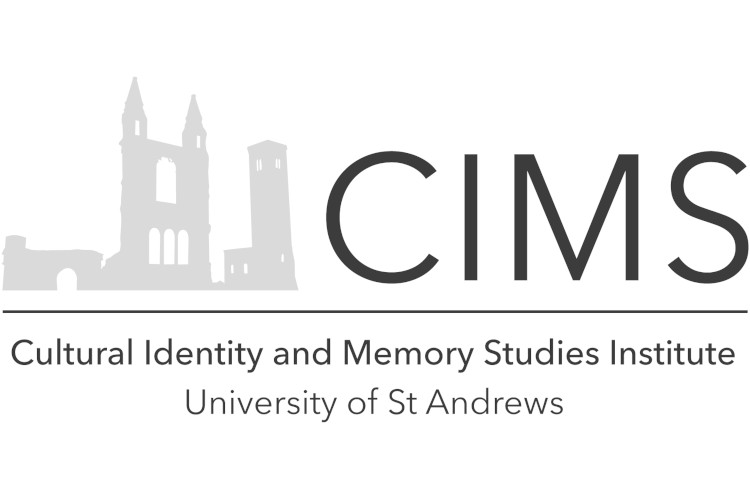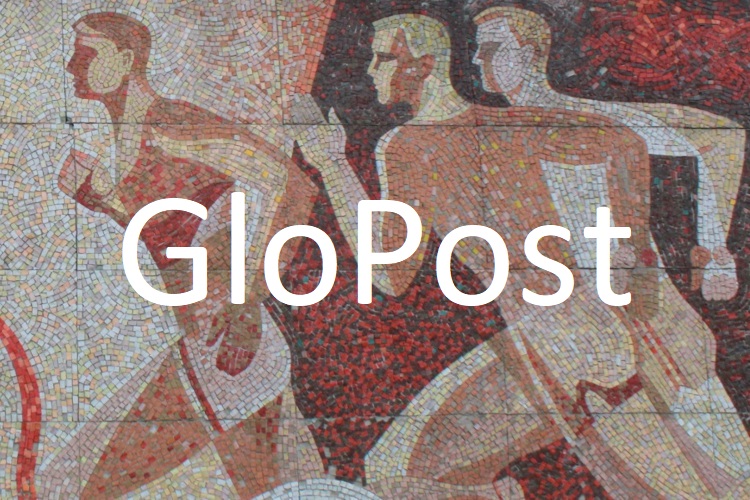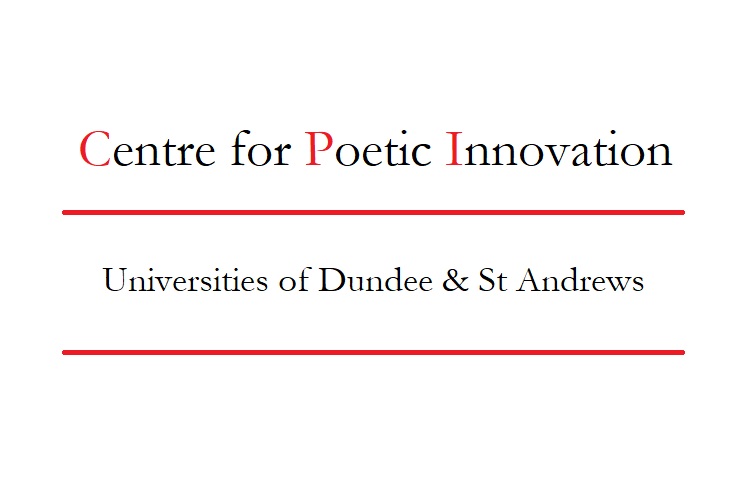Research centres and institutes
The School of Modern Languages is home to three research centres and one research institute. Centres and institutes bring together academic and postgraduate researchers, facilitating collaborative and cross-disciplinary research.
Cultural Identity and Memory Studies Institute
Research in the Cultural Identity and Memory Studies Institute comprises various perspectives, methodologies and theoretical frameworks, but at its core is a shared interest in interdisciplinary explorations of cultural identity and cultural memory.
The Institute seeks to bring together different approaches in an innovative way and to engage with both the academic community and the wider public.

Centre for Cross-Cultural c. 19th Century Research
The Centre for Cross-Cultural circa 19th Century Research seeks to foster next-generational research that brings new and renewed understanding of the 19th century.
The Centre seeks to extend and redefine study of the 19th century beyond established chronologies. Its focus on the cross-cultural dynamics of 19th century studies promotes research that investigates the circulation, exchange, and interconnections of ideas and cultural heritages.

Centre for Global Postsocialisms, Southeast, Central, and East European Studies
The Centre for Global Postsocialisms, Southeast, Central, and East European Studies (GloPost) asks how we might engage in intersectional, interdisciplinary study of the ‘(post)socialist world’ without advancing extractivist and exploitative research paradigms.
Highlighting the transformative potential of collaboration across constructed regional divides, it showcases a different kind of critical area studies that is founded on inter-regional, intersectoral solidarities and relationships of care.
Centre for Global Postsocialisms, Southeast, Central, and East European Studies

Centre for Poetic Innovation
The Centre for Poetic Innovation is dedicated to poetry and poetics. It brings together practitioners, critics and researchers from a wide range of cultures and languages.
The Centre seeks to promote and study poetic innovation in a broad sense, from poetry as traditionally understood to poetic aspects of visual and material art forms, of prose writing as well as interactions with music, dance, and digital poetry.

Other research centres and institutes
Academic and postgraduate researchers from the School of Modern Languages also contribute to research centres and institutes in other schools:
- Institute for Iranian Studies
- Institute of Middle East, Central Asia, and Caucasus Studies
- St Andrews Institute for Gender Studies
- St Andrews Institute of Medieval Studies
- German Screen Studies Network
- Centre for Contemporary Art
- Centre for Energy Ethics
- Centre for Exoplanet Science
- Centre for French History and Culture
- Centre for Minorities Research
- Centre for Screen Cultures
- Centre for the Study of Religion and Politics